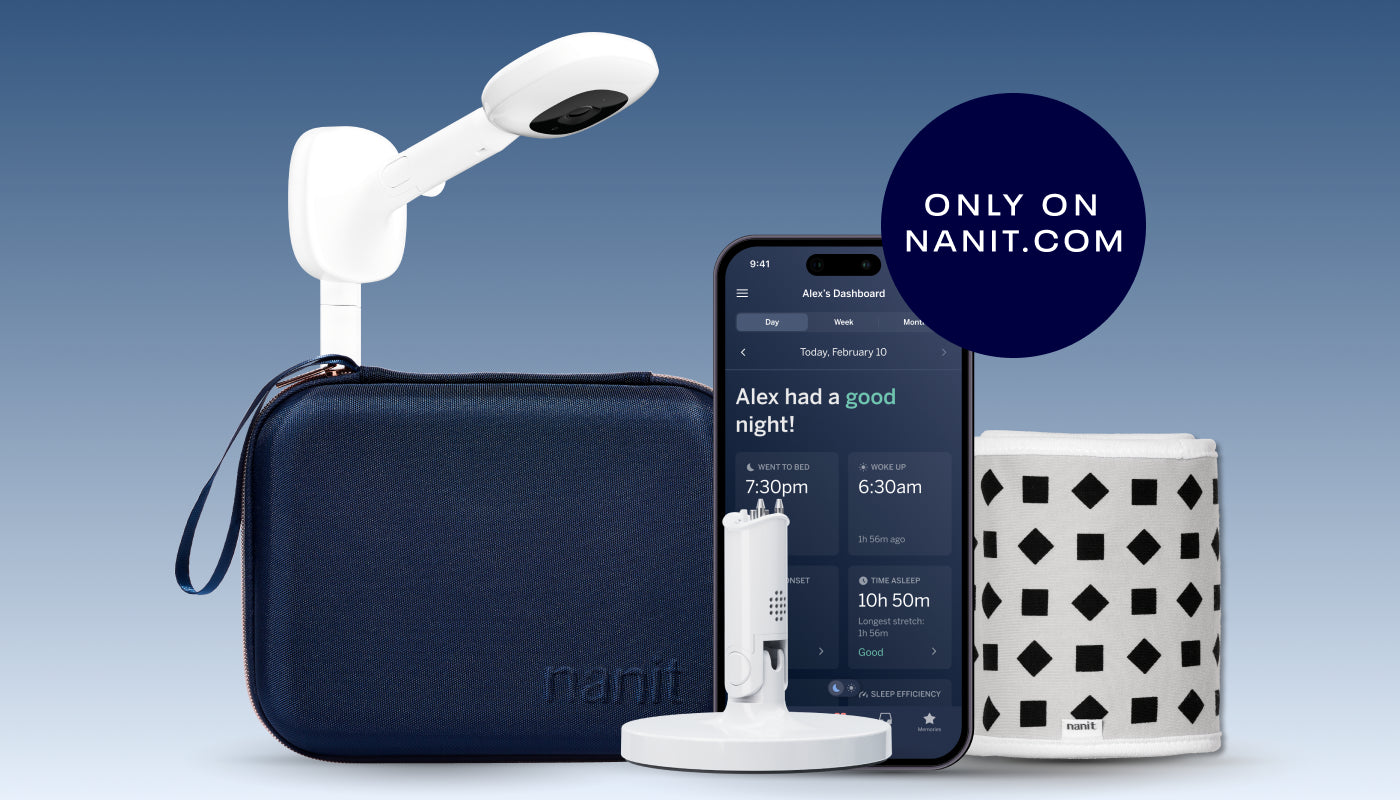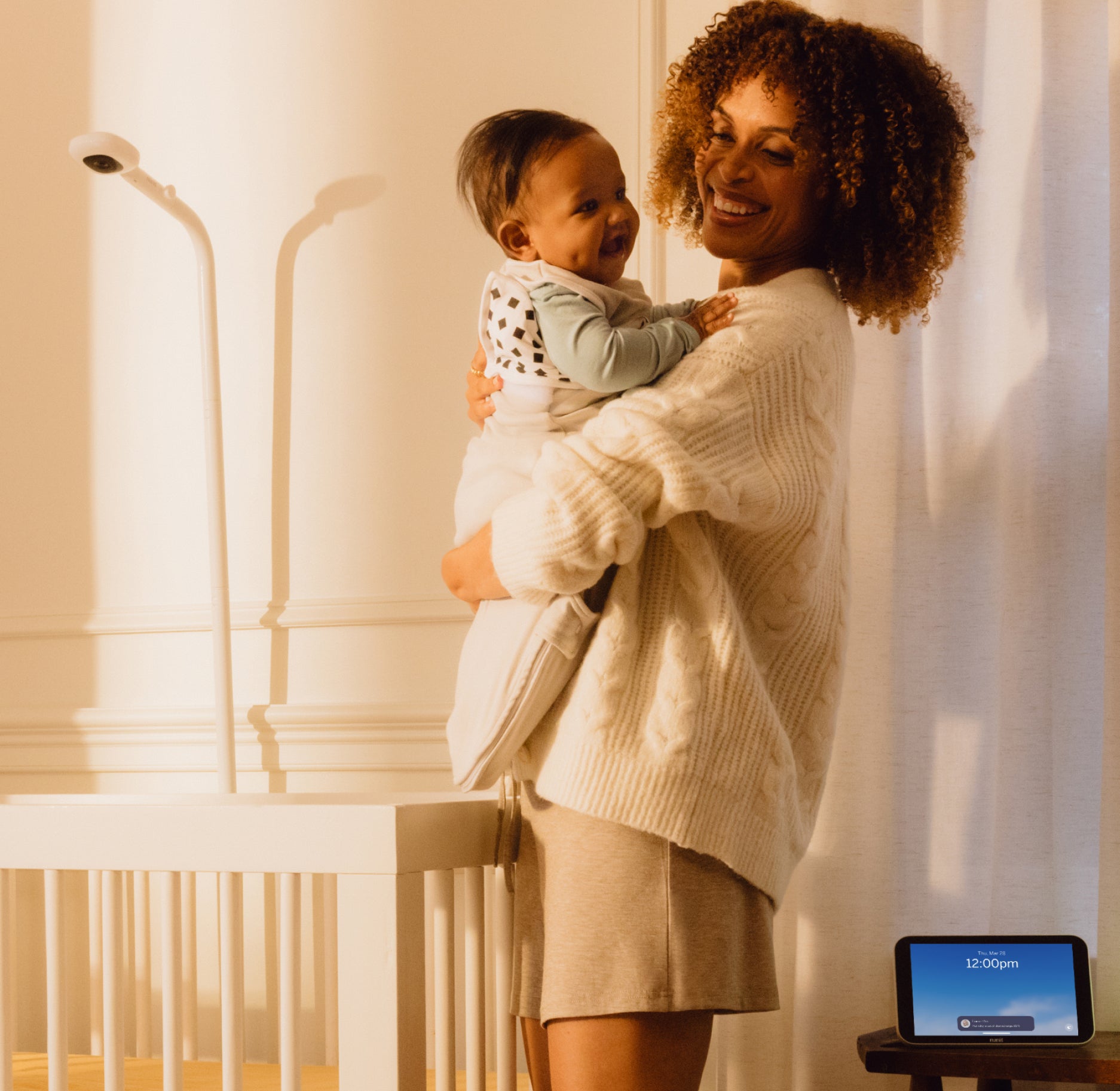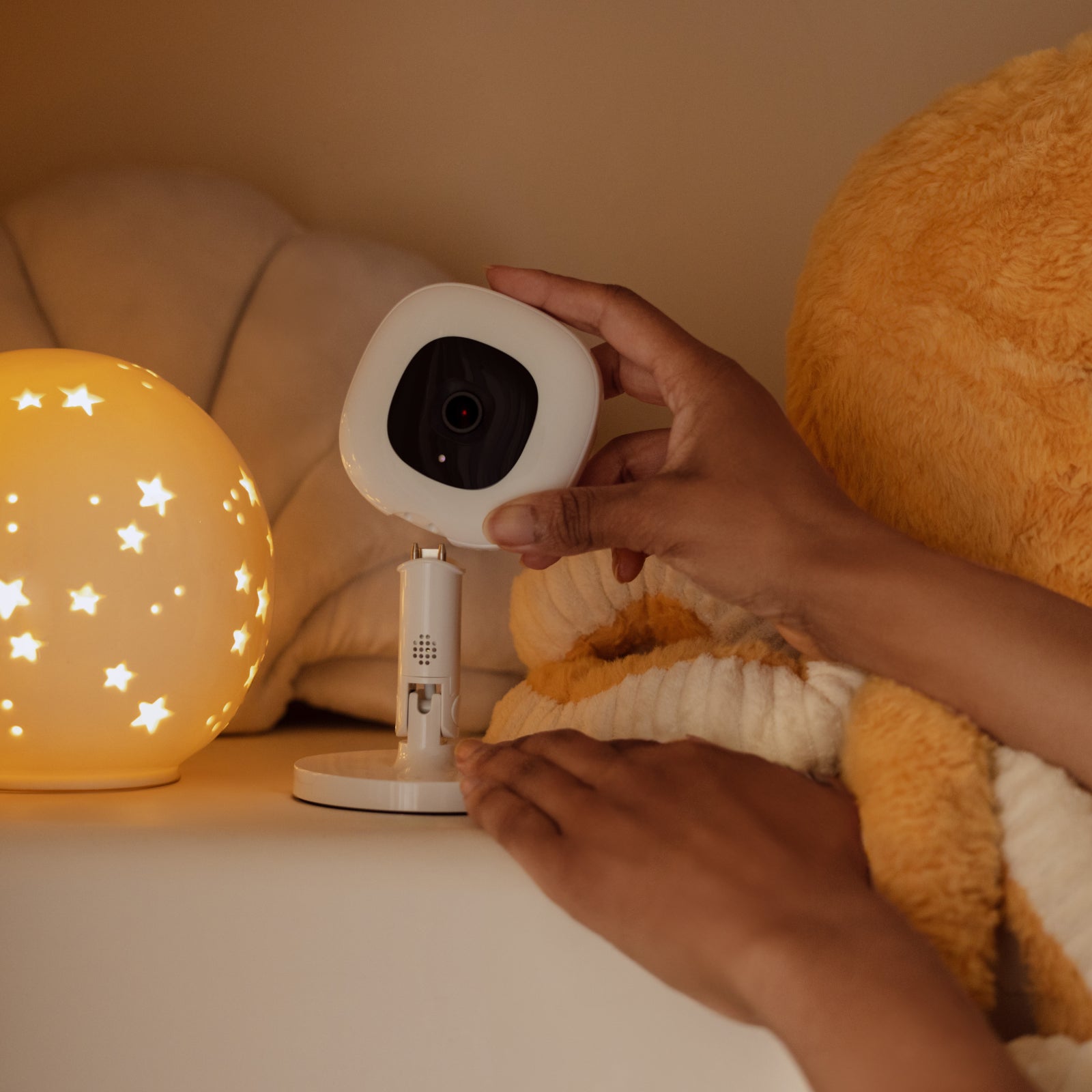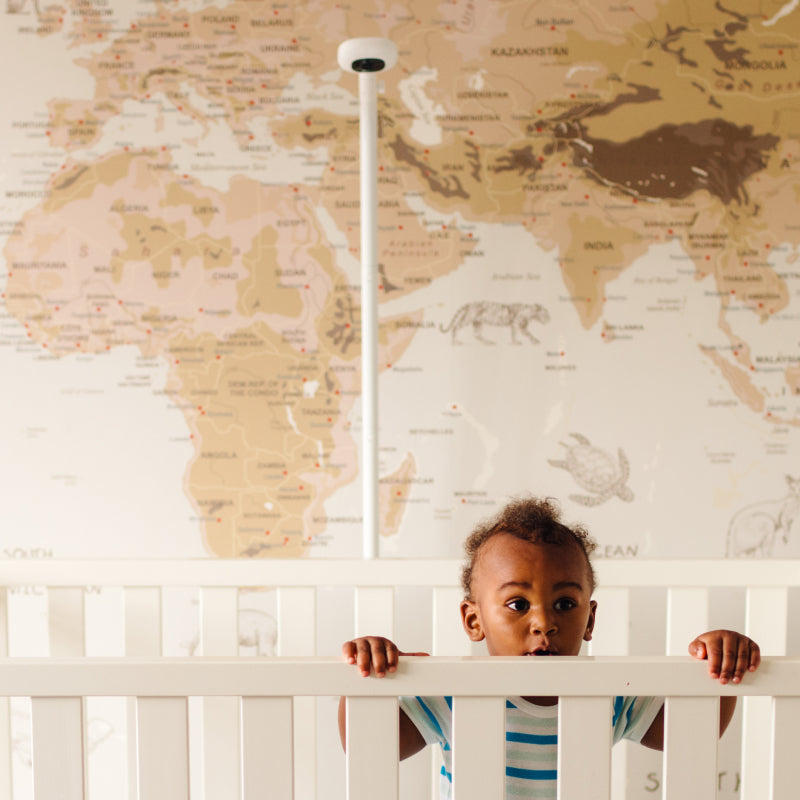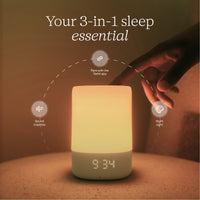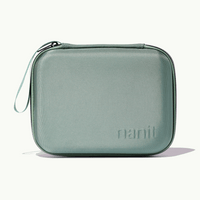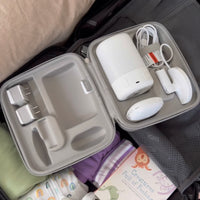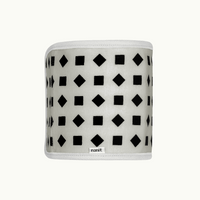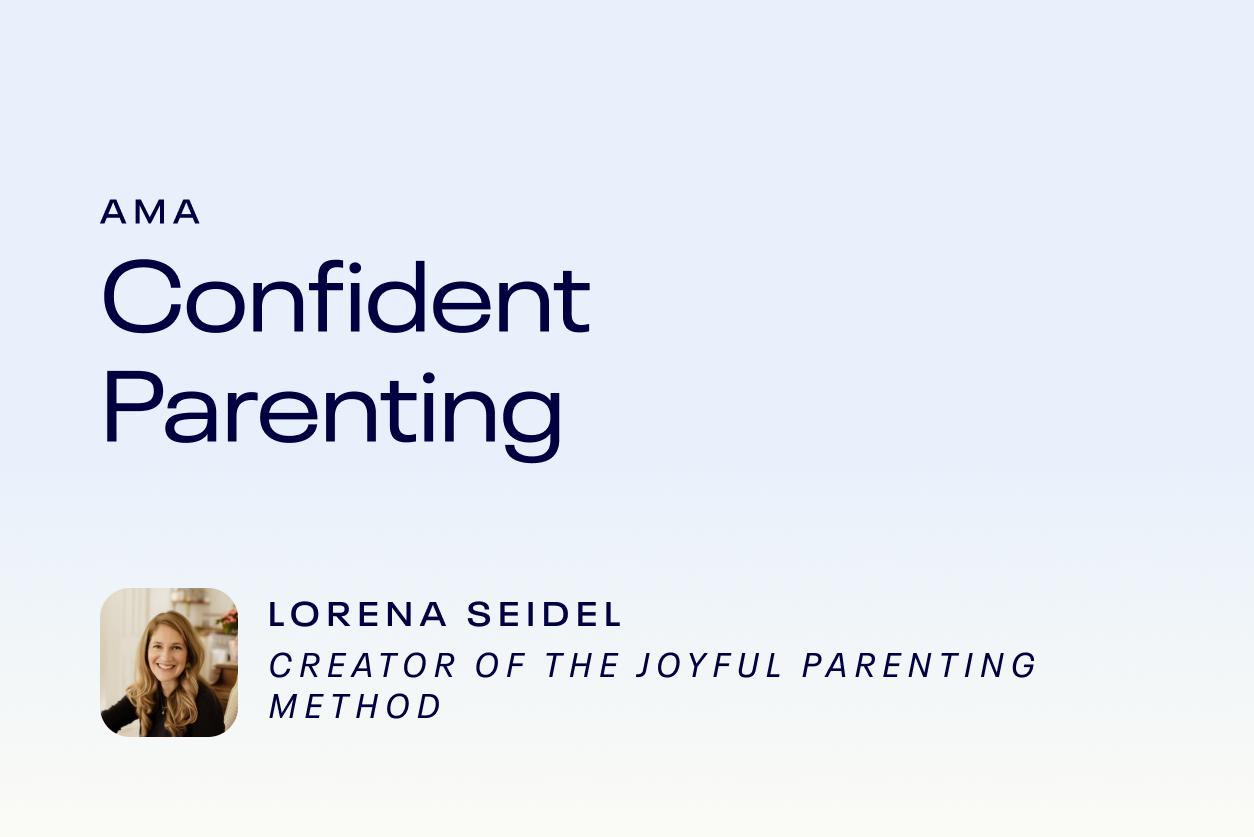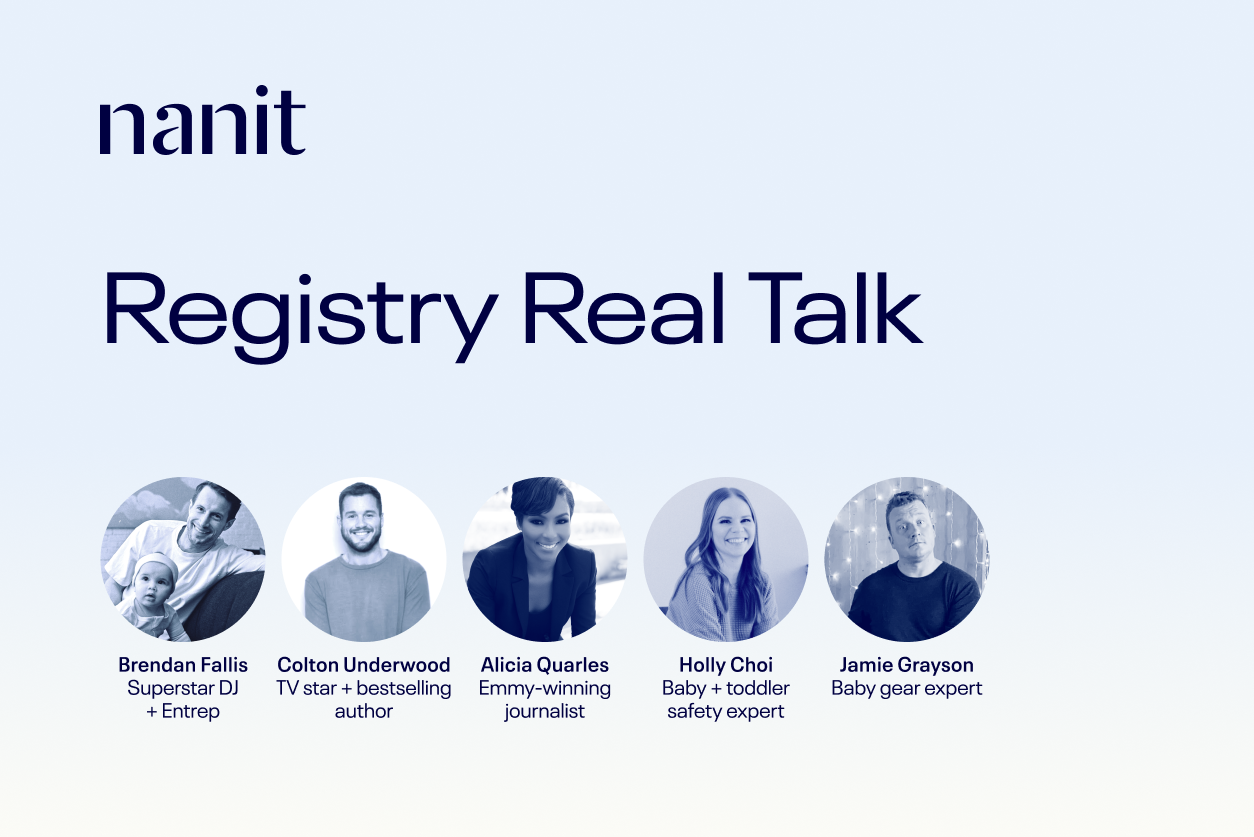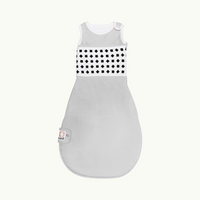Lorena Seidel knows a thing or two about putting parents in a confident headspace. As an emotional intelligence and mindset coach, a certified Montessori teacher, trained positive discipline educator, mindfulness-based stress reduction {MBSR} teacher and mother of three, Seidel has made it her life mission to coach parents into helping them be their happiest, most empowered selves, and working with the whole family on learning to become a team.
So we turned it over to our rockstar community, who had a lot to ask Seidel about building parental confidence, plus ending the comparison trap and setting up healthy co-parenting practices. Her answers are below.
Q. What are tools I can use to help build my confidence in parenting?
A: Better confidence will come with better beliefs about yourself, or your parenting, or others. Most of our decisions and belief systems were developed in our childhood, in the first experiences and interactions we collected and stored in our unconscious mind. When we tried to do something, a parent said, “Let me show you a better way.” At that moment we might have decided, “I don't know how to do things.” When we were shamed for not being nice to our little sister, we may have decided, “I am not good.” When we failed a test, we might have decided “I am stupid.” When we were rejected, we may have decided “I am not good enough.”These decisions we make about ourselves, others, and the world around us put us into a certain emotional state. What I have learned is that there are only two states of being: Primal (Surviving) or Powerful (Thriving) Like an ON and OFF switch.
When you feel confidence you are in a powerful state of being. When you feel the opposite of confidence: self-doubt, anxiety, overwhelm, jealousy, worry, etc you are in a primal state of being.
So here is a four-step framework for “Flipping Beliefs” and I will use a parental confidence example.
Step 1: Notice how you feel. If it doesn't feel good and is not helping you, you have moved to a primal state. Notice you feel overwhelmed, stressed, and frustrated because your child is not listening.
Step 2: Know that the only thing that is causing you to move into this survival state is not your child’s behavior, but your thinking around it.
Step 3: Be open to the fact that if what you are thinking might take you down a negative path of negative decisions, choices and reactive behavior, then some form of the opposite thinking might be the key. What could this new more productive thinking be? Flip the belief. “Children listen and cooperate when they feel connected. I can connect with my child before correcting her."
Step 4: What evidence do you have of that being true? Search for times when your child heard you and cooperated with you, or any time she was helpful. Any occasions in which things went smoothly, any evidence that everyone listens better to people when they feel connected.
I am sure the new belief will make you feel better, more calm, confident, excited and more connected. When we feel better we do better! And when we do better, we get more effective results, when we get better results, we reinforce the feelings of confidence and competence.
Q: How can I stop comparing myself to other parents?
A: Our brain likes to compare. We are often comparing ourselves, our partners, our kids, or things. At times we compare ourselves and we conclude we are better than others. But I am sure you are referring to that negative, gut-wrenching feeling we get when we compare ourselves and we conclude we are worse off or not enough in comparison. Well, I have a two-step solution.
Ask yourself what this comparison is actually costing you. Is it costing your peace of mind, your joy, your confidence, your patience with your child, your energy, your love?, This will help your brain register that this habit of thinking is hurtful.
Imagine two plants: an aloe plant and an orchid. You might find the orchid so beautiful, interesting, and fun. If you get an aloe plant, you might think this plant is so prickly, unattractive, and boring. When given an aloe plan you might think, “Why didn’t I get the orchid? My friend has an orchid. Why am I stuck with this ugly plant and she got the pretty one?” Now imagine you talking to the aloe plant and saying, “What is wrong with you? Why can’t you be an orchid? Please, be more like that orchid.”
Perhaps you are the aloe plant and another mom is the orchid. Or perhaps your child is the prickly one and the other children are nice like orchids. Will the aloe ever turn into an orchid? NO. No matter how hard you compare or wish it to be something it is not. Now what if you just focus on the qualities of the aloe plant? Its endless nutritional, medicinal and cosmetic uses, its incredible properties. Now, you might actually appreciate and enjoy the aloe plant more. You might even feel proud to have/be the Aloe. Perhaps even the Aloe is more useful, or substantial, or more valuable than the orchid.
Of course people are not plants, we can actually change and evolve. If you can lovingly and positively improve yourself- great. Use the comparison to inspire you. But often the most powerful mindset strategy is to practice self-acceptance and change your focus! Break that negative comparing habit and replace it with intentional focus on your strengths and on gratitude.
“Break that negative comparing habit and replace it with intentional focus on your strengths and on gratitude.”
Q: What are productive conversations to have with my partner about roles and responsibilities?
A: I think the most productive conversations are always the ones that shift us and our partners towards solutions, inspiration, motivation, shared vision, and team-working. Let’s learn how to shift conversations from blame, shame, stress, anxiety, and worry to joy, creativity, and positivity.
Using this simple strategy: The Power of Questions! This is a simple and easy strategy that helps us create more connection and harmony in our homes.
Here is a list of powerful questions you can ask yourselves and each other this week. Before you start, ask yourself, Am I starting this conversation with the intention of working together? Or because I want to be right, win the argument, or get my way? (otherwise, I’ll spend the time making my partner wrong, making my partner the loser, and disempowering my partner).
- What is the problem?
- Why is this a problem for me? For you?
- What do I/ we want instead?
- What are my limiting beliefs about this challenge (our roles and responsibilities)?
- What are my limiting beliefs about myself, or you, our kids, our home-life?
- What habits do I/ we need to develop so we can feel/do/have better?
- What can we do today to move closer to what we want?
- What do we need to do so we feel ready for… (morning routine, after school activities, dinner, bedtime, for tomorrow, this weekend, etc)
- What could I say/do to make our home-life more joyful?
And the answers MUST be “I feel” statements. Here is an example of a response using these questions:
- “The problem is that dinner-time makes me feel stressed, overwhelmed, exhausted and defeated.”
- “This is a problem for me because when I feel that way I am no fun to be around, I lose my patience with the kids and you, I resent everyone.”
- “Instead I dream of everyone cooking together, listening to music, us setting the table with the kids, maybe the kids picking flowers outside, each one of us sharing gratitude, we talk about our days, and everyone cleans up together in 10 minutes with a dance party. No one is stuck doing the dishes after bedtime.”
- “My limiting belief is that no one will want to cooperate, that dinner time will always be a disaster and super stressful. My limiting beliefs are that you or the kids might not buy-in. Or you might see this as a chore. We might get into power struggles over this.”
- “I need to ask for more help sooner and not wait until I am frustrated to bark orders and yell at everyone.”
- “I think if we had a family meeting about this, the kids might help us brainstorm ways to make joyful dinners happen. We might need a plan or a chart to help us remember all the steps of a joyful dinner so we can follow-through. I would love for you to say, ‘Kids, we’re all putting our minds together to create a better dinner experience. Join us for a family circle!’”


